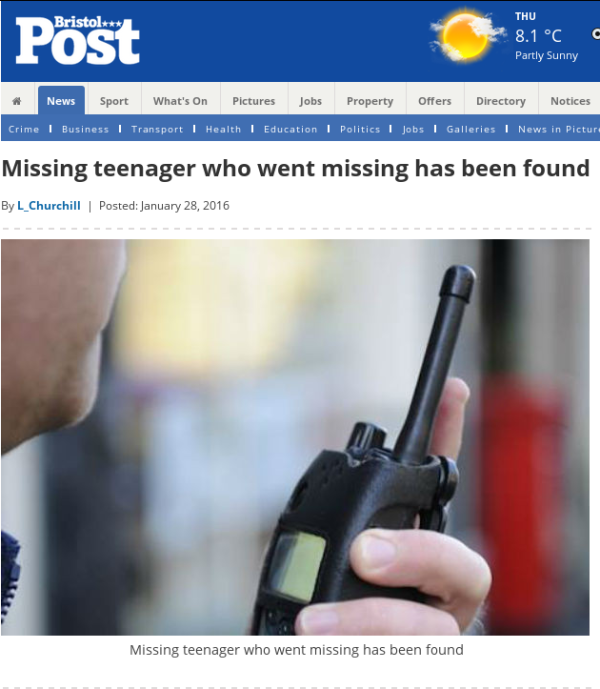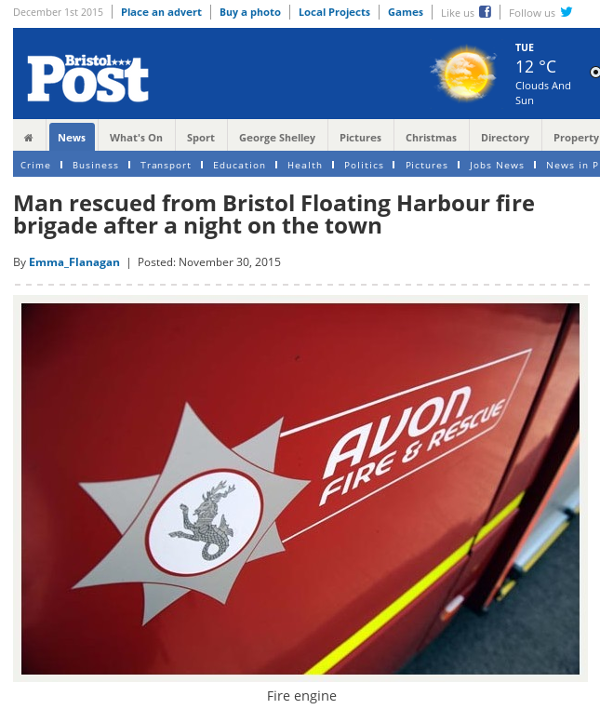Signal failure
Where Bristol has the Bristol Post, formerly the Bristol Evening Post, as its newspaper of record (warped. Ed.), the Potteries has The Sentinel, formerly the Evening Sentinel.
Both newspapers now belong to the Local World stable and share many common features: the content management system running their websites, difficulty in distinguishing editorial content from advertising, a cavalier attitude to the correct use of the English language and so on.
Yesterday’s Sentinel carried a report of a railway signal failure in the Stafford area.
The report was helpfully illustrated with a photograph as per the screenshot below.

The photograph is also helpfully captioned, as follows:
DELAYS: Rail services have been hit by signalling problems at Stafford.
It is evident for a number of reasons that the anonymous members of the Sentinel’s “Digital_team” who put together this report are no great users of the railway network.
Firstly, the photograph shows semaphore signals. These are not used at Stafford, which lies on the West Coast Main Line, where semaphore signals were removed and replaced with colour light signals many decades ago.
Secondly, the plate on the signal mast identifies the signals as part of the Severn Bridge Junction signal complex.
Thirdly, what is the Abbey Church of St Peter & St. Paul in Shrewsbury doing in the background, lurking behind the largest sempaphore signal box in the country? 😉






 Computer system failures in the aeronautical world are nothing exceptional, but always have a far-reaching effect, stranding thousands of passengers on the ground. This is exactly what happened last Saturday at Orly which had to halt of all its inbound and outbound air traffic for more than half an hour. Besides the inconvenience caused, it’s above all the origin of the failure that is somewhat surprising. According to the French satirical paper
Computer system failures in the aeronautical world are nothing exceptional, but always have a far-reaching effect, stranding thousands of passengers on the ground. This is exactly what happened last Saturday at Orly which had to halt of all its inbound and outbound air traffic for more than half an hour. Besides the inconvenience caused, it’s above all the origin of the failure that is somewhat surprising. According to the French satirical paper 
